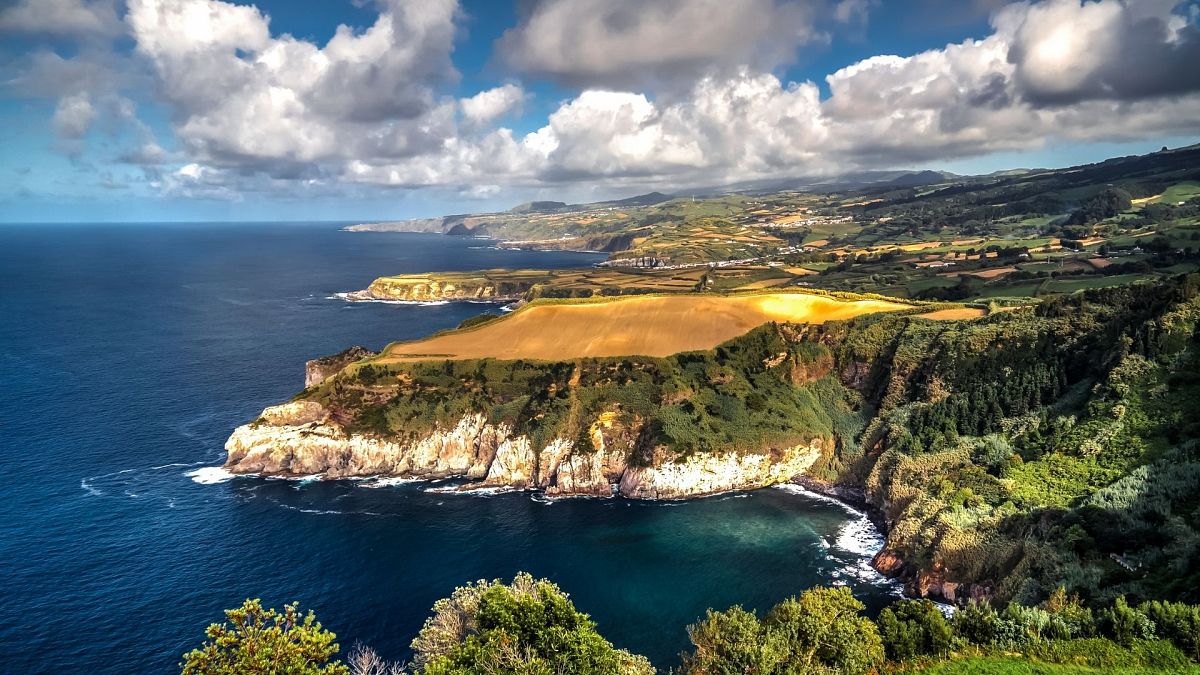To my mind, it could not be more obvious. A nigh invincible ancient thalassocracy, far more technologically advanced than its neighbours, built upon a rich island. Who fits the bill for all of this as far as the Iron Age Eastern Mediterranean would be concerned?
Even Atlantis’ apocalyptic end matches up with the Theran Eruption crashing and burning the Minoan Empire.
“Ah, butHerodotus Plato got the story from Egypt!”
Yes, but Minoan civilisation is about as old as Pharaonic Egypt, so the Egyptians of the 5th century BC would view that as preposterously ancient. And I’d bet good money that the Minoans made contact with the Egyptian Old Kingdom first, and I can’t imagine what the Egyptians in their thatched reed boats would have made of sleek galleys and sails appearing over the horizon. It would leave quite the impression.
Even the bit about the Atlanteans being at war with Athens? Plato jerking Athens off aside, I wonder if that is a dim memory of the proto-Mycenaeans starting to cause trouble and push back against Minoan Imperial hegemony.
Of any known contender for the Atlantis myth, the Minoans fit the bill the best. They are effectively the Sumerians of Europe, the fathers of us all, and I find them entirely worthy of being the truth behind the myth of the Lost Island.
Thank you for coming to my TED talk about ancient history. It is my great passion and I cannot shut up about it.
Even Atlantis’ apocalyptic end matches up with the Theran Eruption crashing and burning the Minoan Empire.
“Ah, but
Yes, but Minoan civilisation is about as old as Pharaonic Egypt, so the Egyptians of the 5th century BC would view that as preposterously ancient. And I’d bet good money that the Minoans made contact with the Egyptian Old Kingdom first, and I can’t imagine what the Egyptians in their thatched reed boats would have made of sleek galleys and sails appearing over the horizon. It would leave quite the impression.
Even the bit about the Atlanteans being at war with Athens? Plato jerking Athens off aside, I wonder if that is a dim memory of the proto-Mycenaeans starting to cause trouble and push back against Minoan Imperial hegemony.
Of any known contender for the Atlantis myth, the Minoans fit the bill the best. They are effectively the Sumerians of Europe, the fathers of us all, and I find them entirely worthy of being the truth behind the myth of the Lost Island.
Thank you for coming to my TED talk about ancient history. It is my great passion and I cannot shut up about it.
Last edited:

